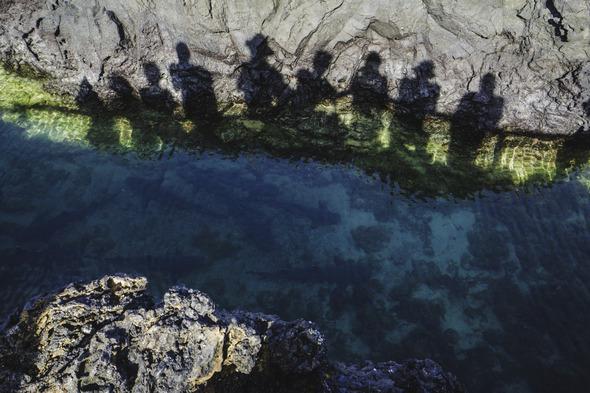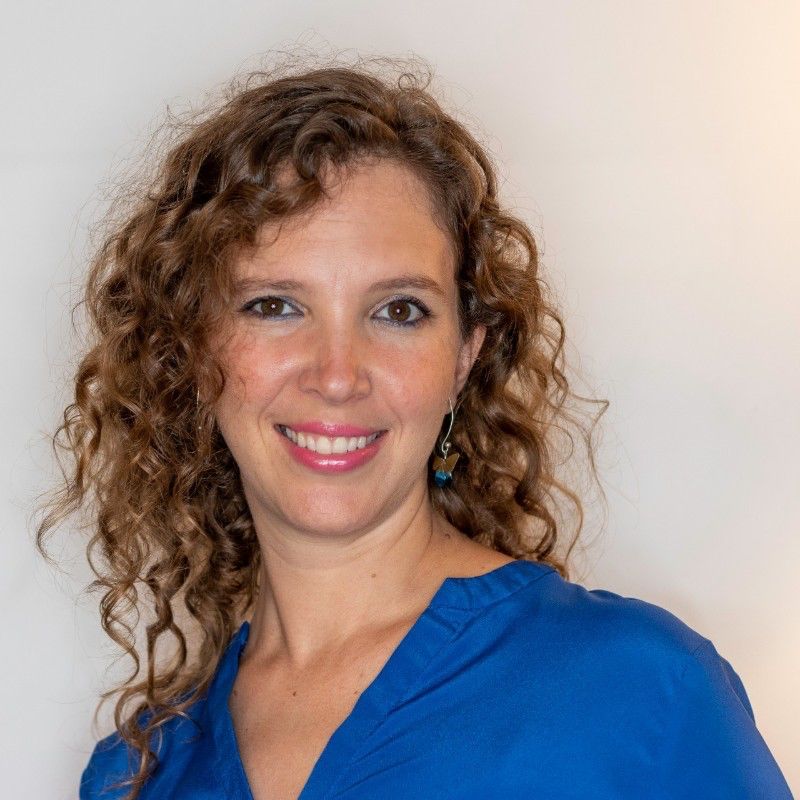
Project Overview
The Galápagos Islands in Ecuador are seen as the birthplace of ecotourism, forging early alliances between conservation and the tourism industry. A 260% increase in visitor numbers over the past two decades has tested this vision, causing resource pressures and international declarations of “Galápagos at risk.” Today, 80% of the islands’ economy—supporting some 30,000 residents—is dependent on tourism. This project aims to work with key stakeholders and tourism management institutions in the Galápagos to address these challenges and opportunities, transforming tourism into a regenerative force for people and nature.
Project Aims
This project builds upon a collaborative effort to implement actions that emerged during a three-day participatory tourism workshop in the Galápagos in August 2023. Since then, a core group of public, academic, and NGO institutions in the islands have advanced workshop recommendations and identified five core aims for this project, including: assisting the government in creating an action plan for tourism in response to UNESCO concerns; creating a code of conduct for visitors and residents; designing a platform of information; funding community-led regenerative tourism pilot projects; and generating public policy recommendations for achieving a regenerative paradigm shift.
While traditional sustainability paradigms view the environment as a resource for human use and economic growth as a priority, regenerative approaches envision economic systems like tourism as embedded within nature and communities and contributing to their overall well-being. Such a shift will require measuring tourism's success beyond mere economic indicators
Key Activities
Through continued collaboration with key public institutions in the Galápagos and expanded participatory processes to incorporate community perspectives, this project intends to contribute to a top-down and bottom-up transformation towards tourism that better supports people and nature. At policy level, we aim to identify and collaboratively design strategies and actions related to managing tourism growth and its associated challenges. We will foster more conscious visitation through the Code of Conduct and Platform of Information, promoting positive practices and regulated operators. Finally, the pilot projects will fund a wide range of community initiatives using tourism as a regenerative force for the islands.
Expected Conservation Impact
Our expected impacts include:
• Enhanced cooperation between institutions through formal commitments and ongoing dialogue to address tourism concerns;
• Increased community participation in tourism-related policy processes;
• Increased sense of ownership and responsibility among residents towards sustainable tourism practices;
• Improved visitor behaviour and awareness of how to reduce negative impacts and generate positive impacts for the islands;
• Promotion of and incentives for local, registered and regulated tourism operators in the islands;
• Increased awareness and understanding among residents, tour operators, visitors, and policy makers about principles and practices of regenerative tourism; and
• Effective locally-led projects that better link tourism to positive outcomes for conservation and community.
Expected Outputs
• Tourism strategy and action plan presented in the Galápagos State of Conservation Report to UNESCO;
• Code of Conduct designed and implemented in visitor touchpoints, enhancing visitor awareness and sustainable behaviours;
• Creation of a fully functional and user-friendly platform of information that provides comprehensive visitor information on the Galápagos;
• Public institutions trained on management of the platform of information with a long-term sustainability and funding strategy in place;
• Regenerative tourism pilot projects identified and funded that contribute to positive social, environmental, and economic impacts, providing a menu of options for tour operators to engage with;
• Increased donations towards community projects by visitors; and
• Public policy recommendations adopted by public institutions.
Project Team
|
Chloe King (2021-22) PhD Researcher, University of Cambridge Over the past decade, I have combined critical social science research with practical experience in conservation and international development. My journey began as a PADI Divemaster, where I witnessed the transformative potential of ecotourism in connecting people to nature and enhancing sustainable livelihoods. Driven by this passion, I spent three years in Indonesia, supported by research and language scholarships, exploring tourism’s impact on the socio-ecological resilience of coastal communities. As Director of Stewardship at Solimar International, I led USAID-funded projects for five years, leveraging tourism to drive conservation in climate-vulnerable destinations such as the Maldives, Timor-Leste, and Bangladesh. My academic background includes a BA in International Affairs, an MSc in Marine Systems and Policy from the University of Edinburgh, and an MPhil in Conservation Leadership from the University of Cambridge where I was a Marshall Scholar. Now in the final year of my PhD at Cambridge, I spent the past 18 months in the Galápagos Islands leading a participatory action research project. My work examines the discursive, material, and political dimensions of transitioning toward a more regenerative “beyond growth” tourism paradigm. My work engages closely with local policy institutions, focusing on actionable strategies that align ecological sustainability with community well-being—principles I remain dedicated to advancing throughout my career. |
|
|
Lucía Norris (2016-17) Programme and Policy Manager – Galapagos Conservation Trust I hold a double degree in Organizational Communication and International Relations from the Universidad San Francisco de Quito in Ecuador, a Master’s in Conservation Leadership from the University of Cambridge, and a Diploma in New Economies from the University of Córdoba in Argentina. Since 2009, I’ve been dedicated to sustainable development and nature conservation, collaborating with organizations like the Quito City Council, WWF, Fundación Futuro Latinoamericano, and Fundación Jocotoco. Currently, I serve as the Ecuador Representative and Programmes and Policy Manager at Galápagos Conservation Trust (GCT), where I focus on connecting community wisdom with public policies to advance the SDGs in Galápagos. I’m part of the "Pacific Plastics: Science to Solutions" network and contribute to addressing plastic pollution through inclusive policies and circular economy initiatives. I also observe negotiations for the Global Plastics Treaty. I’ve supported the creation of key groups like the Policy Advisory Group and Regenerative Tourism group and work collaboratively to empower local communities toward resilience. As a long-time Galápagos resident, I’m deeply connected to the local and national community and committed to fostering innovative solutions for conservation and sustainable development.
|
External collaborators
| Veronica Santamaria |
Independent Consultant and Tourism Management Expert |


